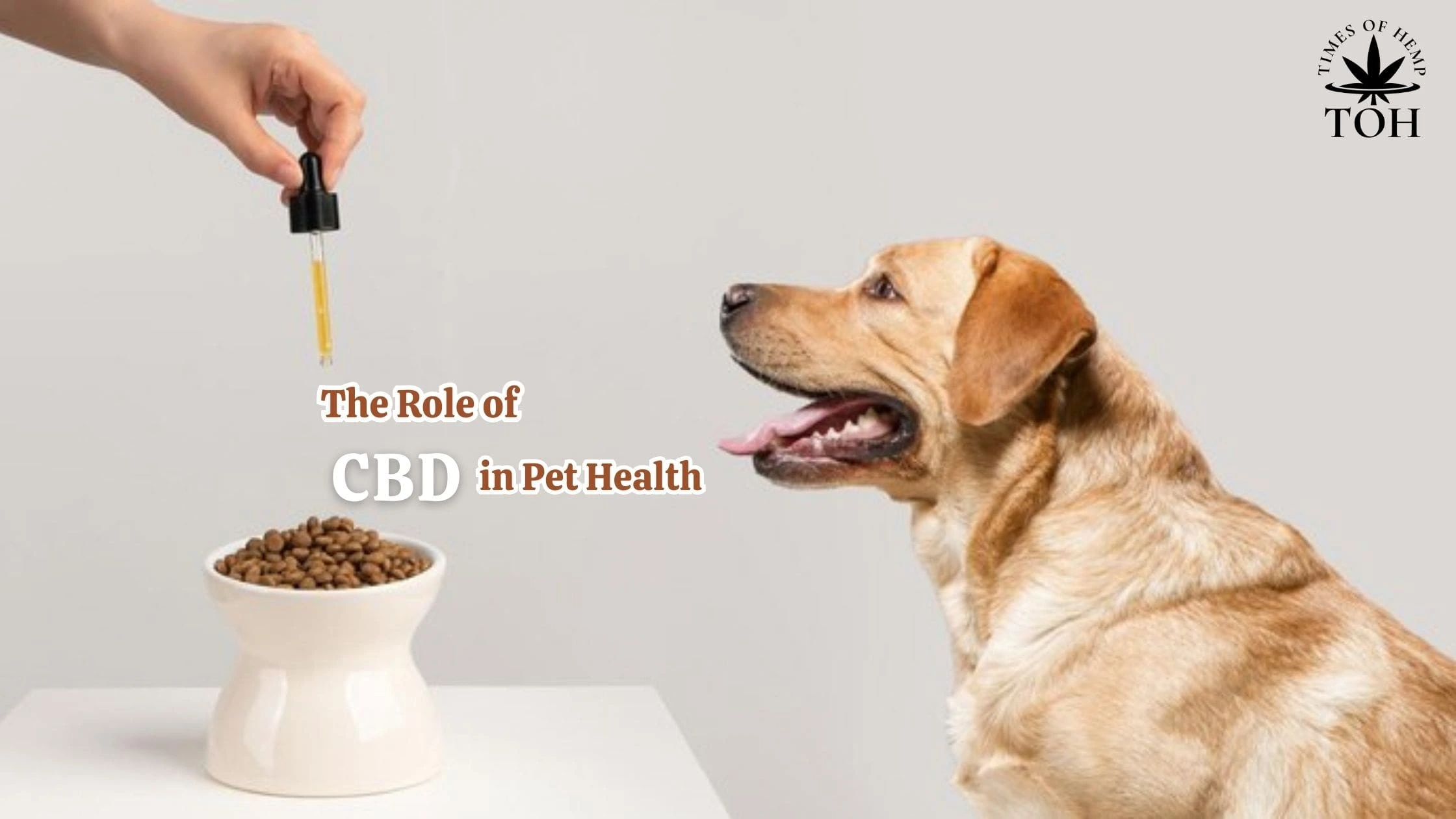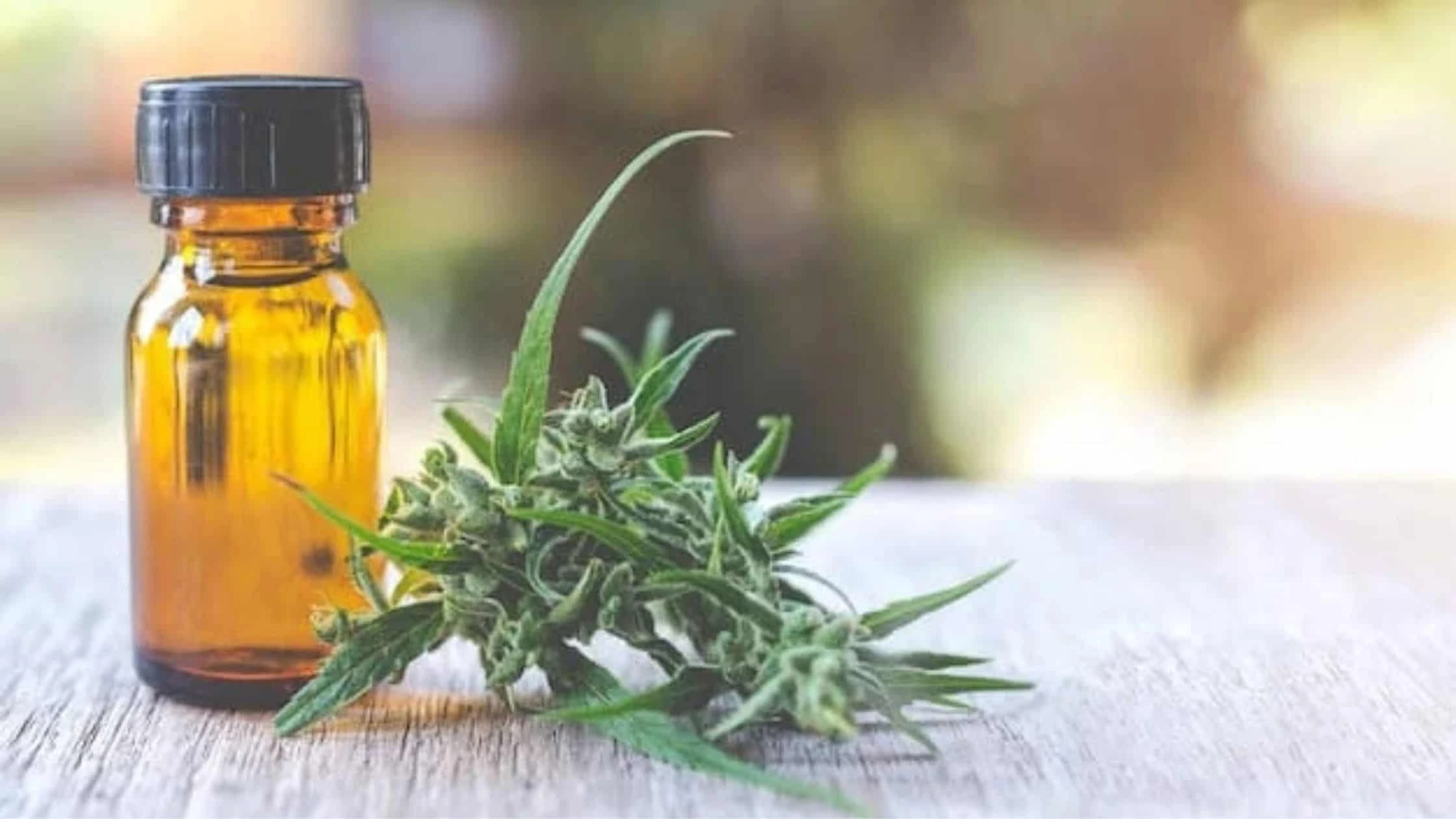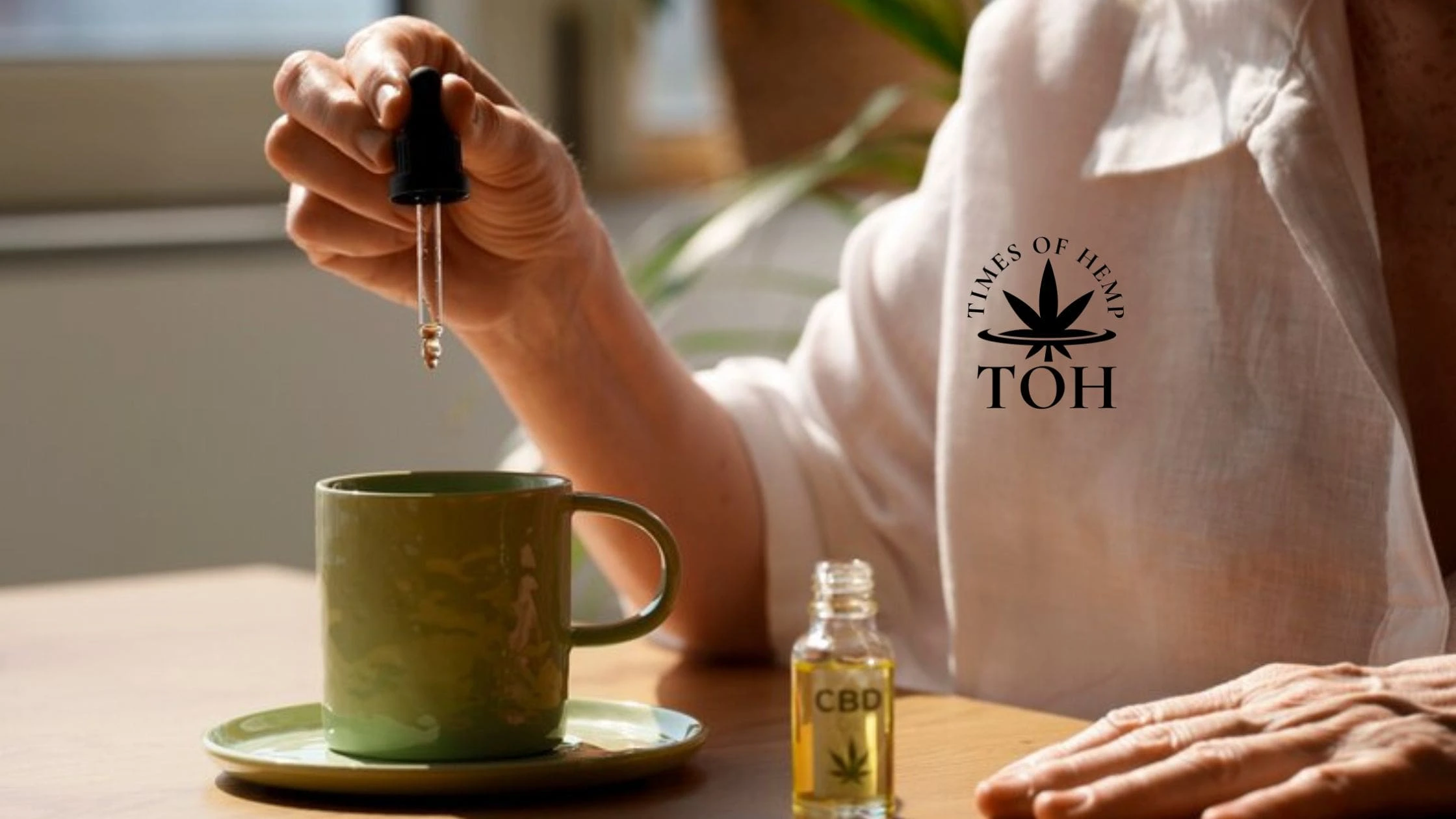In recent years, we have witnessed a remarkable shift in societal attitudes toward cannabis. What was once a stigmatized and taboo substance is now undergoing a profound transformation in perception and legality. As cannabis legalization sweeps across various parts of the world, including several states in the United States and countries like Canada and Uruguay, people are beginning to explore the potential benefits of weed beyond the stereotypes and misconceptions. In this blog, we will delve into the evolving landscape of cannabis use, shedding light on how more and more individuals are benefiting from this formerly taboo plant.
Eliminating Taboo Around Hemp!
The Changing Perception of Cannabis
Historically, marijuana has been vilified and categorized as a dangerous drug with harmful effects. However, as scientific research advances and more states and countries decriminalize or legalize cannabis, people are gaining access to a wealth of information that challenges these long-held beliefs.
Medical Cannabis: A Game-Changer
One of the most significant shifts in perception has been the acceptance of medical cannabis. Increasingly, individuals are turning to cannabis as a legitimate treatment option for a variety of medical conditions. From chronic pain and epilepsy to anxiety and multiple sclerosis, the list of ailments that may benefit from medical cannabis continues to grow.
This shift is mainly due to compelling scientific evidence supporting the efficacy of cannabis in managing and alleviating symptoms. Cannabidiol (CBD), a non-psychoactive compound found in cannabis, has gained particular attention for its therapeutic potential. It has been used to treat seizures in children, reduce anxiety, and provide relief from chronic pain, all without the mind-altering effects typically associated with marijuana use.
Cannabis and Mental Health
The relationship between cannabis and mental health has been a topic of significant debate and research. While excessive and irresponsible use can lead to adverse mental health outcomes, there is evidence to suggest that controlled and mindful consumption of cannabis may provide relief for individuals dealing with various mental health issues.
Anxiety and Stress Management
One of the most common reasons people turn to cannabis is for its anxiety- and stress-relieving properties. The calming effects of certain strains can help individuals unwind after a long day or manage the symptoms of anxiety disorders. For many, cannabis has become a natural alternative to pharmaceutical medications, which often come with unwanted side effects.
Depression and Mood Regulation
While cannabis is not a cure for depression, it has shown promise in improving mood and reducing symptoms in some individuals. The endocannabinoid system, a complex cell-signalling system in the body, regulates mood, among other functions. Some cannabinoids in cannabis may interact with this system to promote feelings of well-being and happiness.
Cannabis and Creativity
Another intriguing aspect of cannabis is its potential to enhance creativity and cognitive thinking. Many artists, writers, and musicians have claimed that cannabis unlocks their creative potential and helps them think outside the box. While this effect varies from person to person, it highlights the multifaceted nature of cannabis and its ability to impact cognition in diverse ways.
Cannabis as a Muse
For some, cannabis serves as a muse, providing a unique perspective and heightened sensory experience that can be channelled into creative endeavours. Writers, in particular, have a long history of turning to cannabis to break through creative barriers and find inspiration.
Overcoming the Stigma
Despite the growing body of evidence supporting the therapeutic potential of cannabis, a significant stigma still surrounds its use. This stigma often stems from decades of misinformation and fearmongering. However, as more individuals openly discuss their favourable experiences with cannabis, the stigma is gradually eroding.
Personal Stories: Breaking Down Barriers
One of the most powerful tools in changing public perception is personal stories. When individuals share their experiences of how cannabis has improved their lives, it humanizes the conversation and challenges stereotypes. These stories are essential in normalizing the responsible and beneficial use of cannabis.
Education and Advocacy
Education plays a crucial role in dispelling myths and misconceptions about cannabis. Organizations and advocates are working tirelessly to provide accurate information about cannabis, its potential benefits, and responsible use. As more people become informed consumers, the stigma surrounding cannabis is likely to continue diminishing.
Conclusion
The taboo surrounding cannabis is slowly but surely fading away, thanks to the evolving landscape of cannabis legalization, scientific research, and the courage of individuals who have shared their positive experiences. We must continue the conversation, promote responsible use, and prioritize education and awareness as we move forward.
Cannabis is not a one-size-fits-all solution, and it may not be suitable for everyone. Like any substance, it should be used mindfully and in moderation. However, as more people benefit from the therapeutic potential of cannabis, we can look forward to a future where it is treated with the same respect and consideration as any other medication or recreational substance.
Ultimately, the key to breaking the taboo around weed is to approach the subject with an open mind, respect for diverse experiences, and a commitment to fostering a more informed and compassionate society. As attitudes continue to shift, we can expect to see even more individuals benefiting from the many facets of this once-misunderstood plant.





